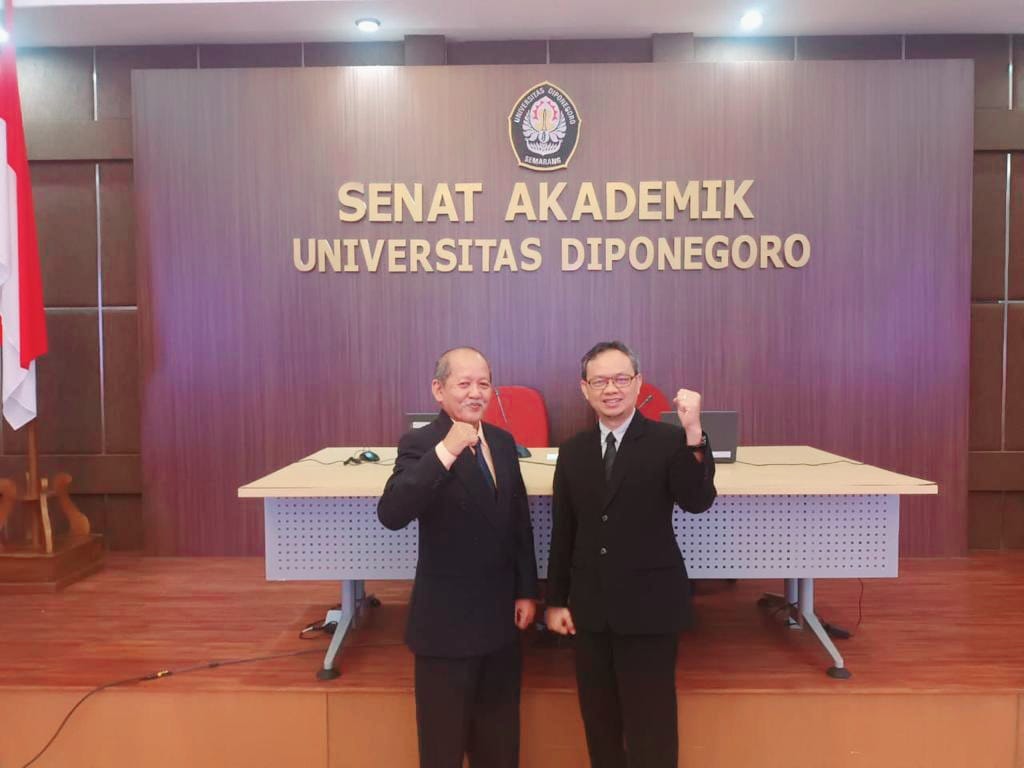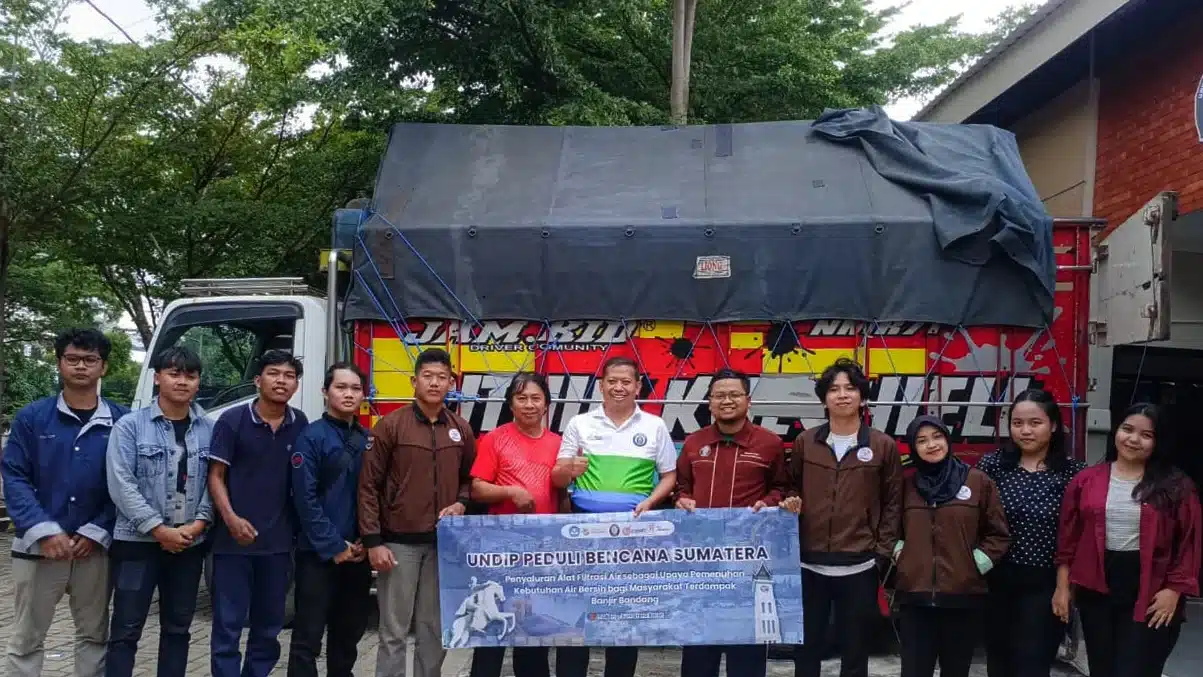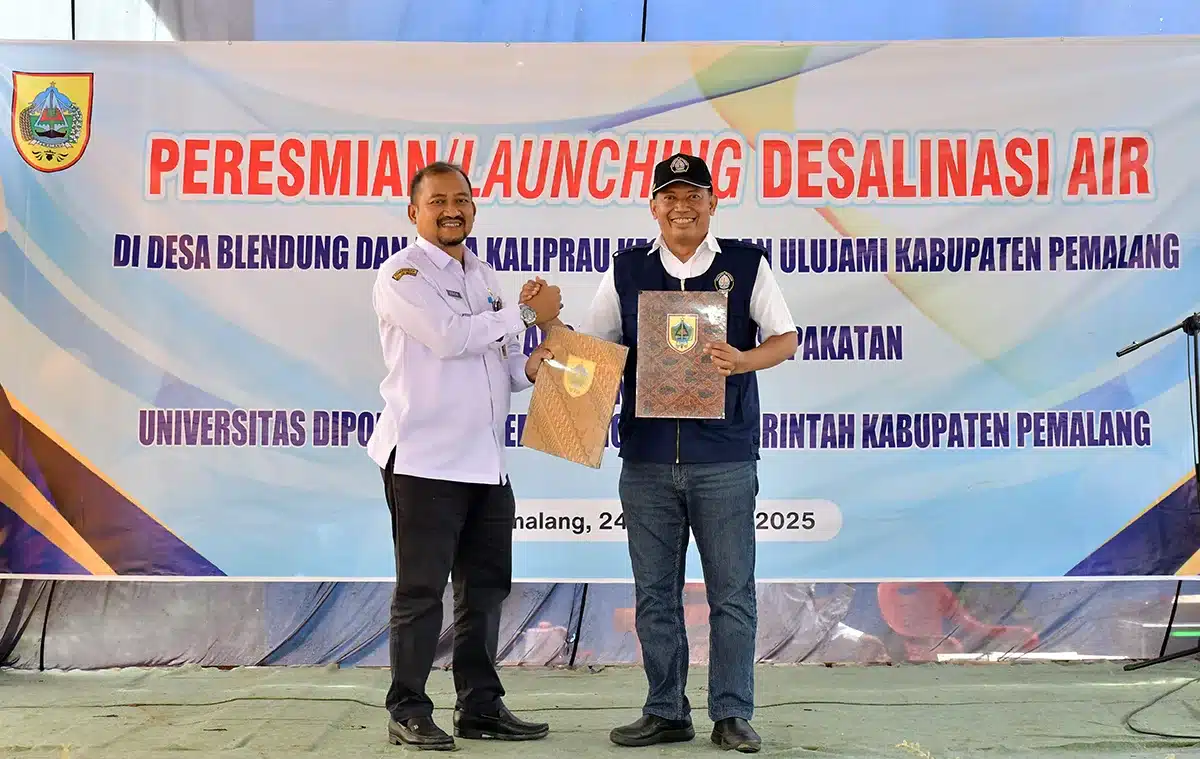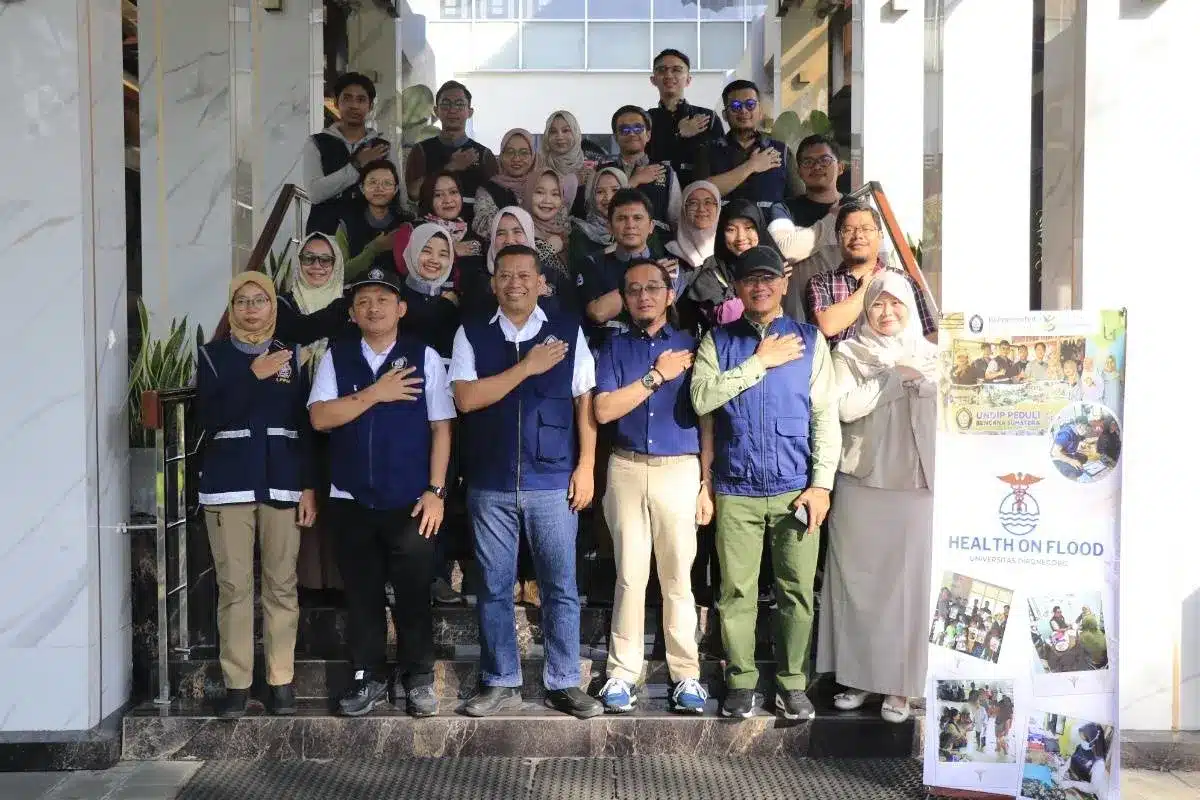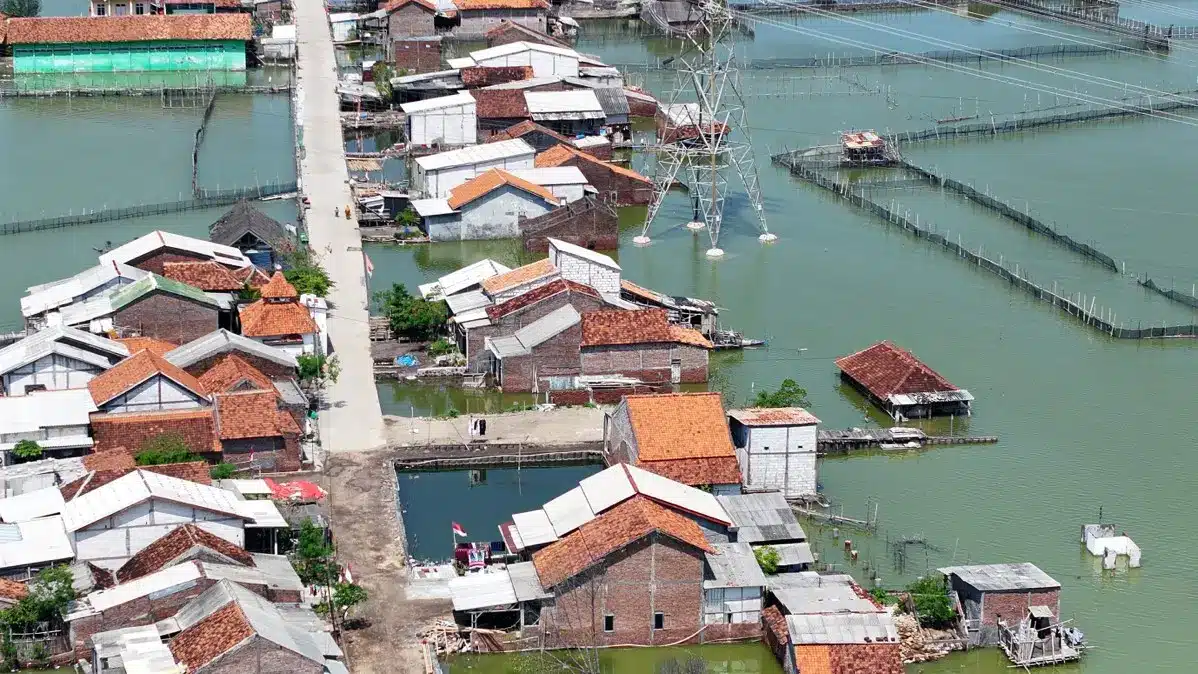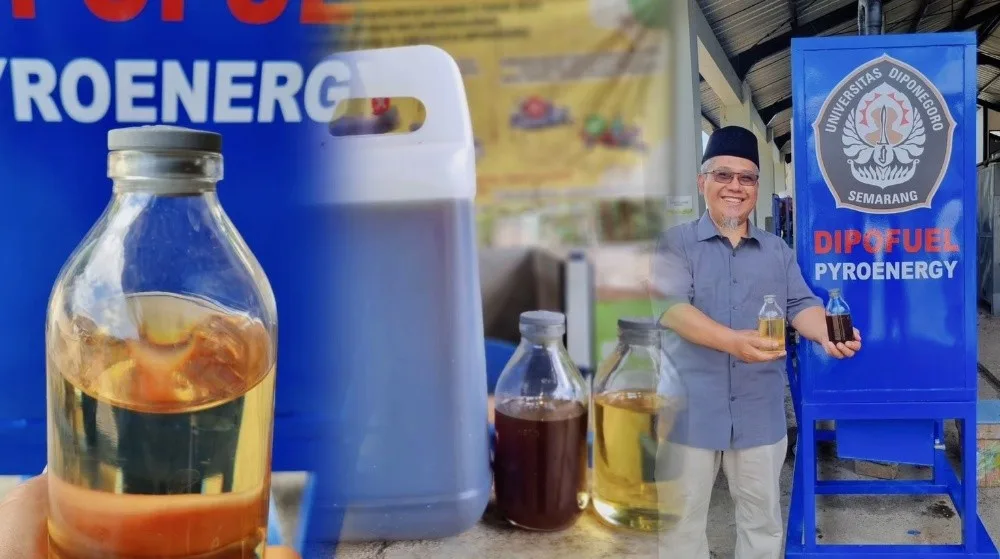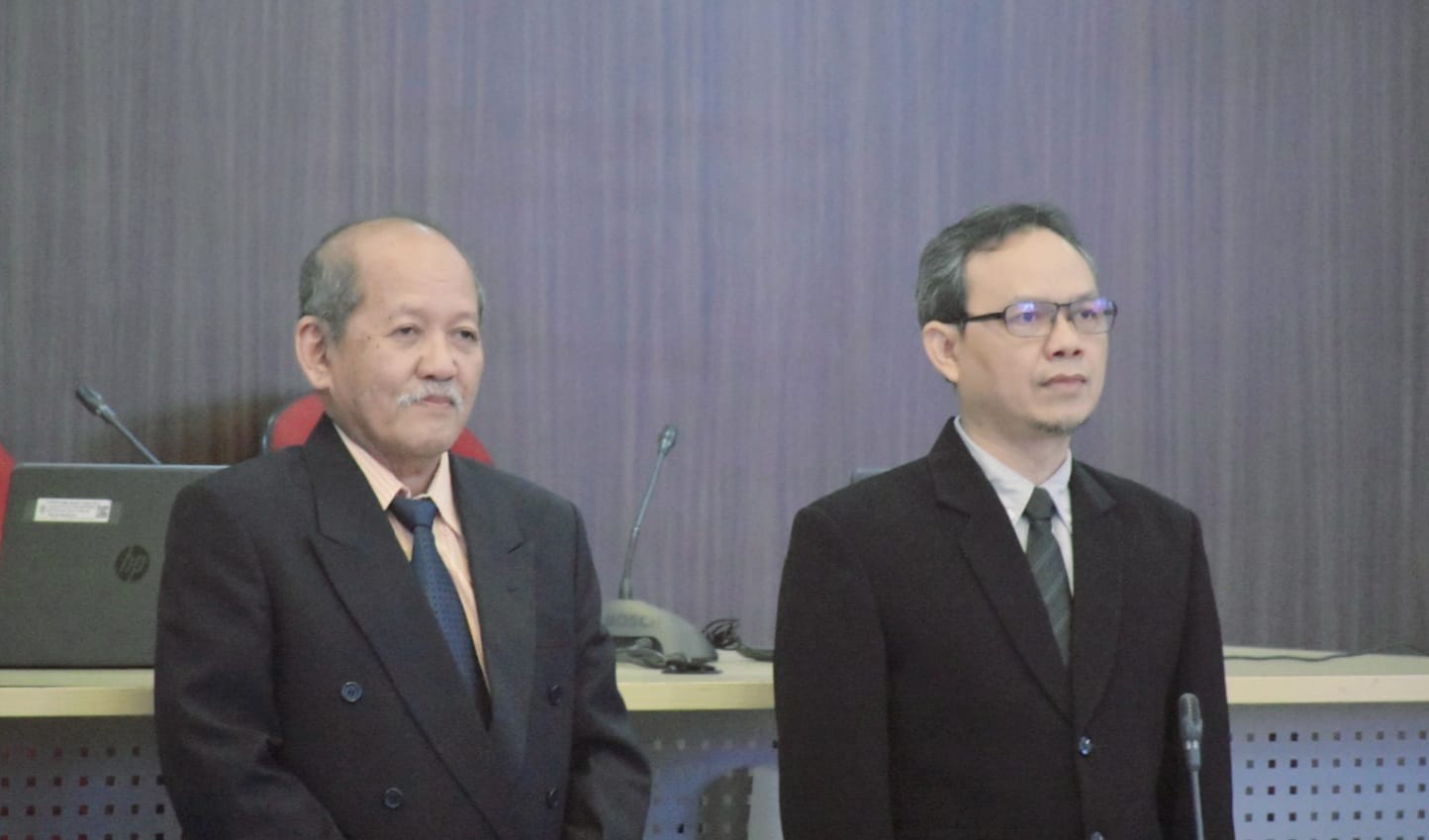Raising the title of the scientific work “Human Factors Engineering: Micro and Macro Approaches to Increase Human Productivity and Welfare in Facing Society 5.0”, Dr. Ir. Heru Prastawa, DEA (Faculty of Engineering) presented it at the Presentation of Scientific Papers for Prospective Diponegoro University Professors held by the Undip Board of Professors, Friday (14/4).
According to Heru, the presence of Society 5.0 is unavoidable, people are required to have HOTS (High Order Thinking Skills) abilities, namely to have critical thinking and be quicker in generating solutions to meet their needs.
“Society 5.0 is a human-centered and technology-based concept of society. In this era, society is expected to be able to solve various challenges and social problems by utilizing various innovations that were born in the era of the industrial revolution 4.0 to improve the quality of human life,” he explained.
“Human Factor Engineering in facing Society 5.0, does not experience many obstacles, because they have similarities in placing humans as the ‘main role’. Analyzing from the system boundaries, HFE starts from the micro sequence, the relationship between humans and products, jobs, tools, extends to a more macro scope (humans and the environment, social relations). ‘Society’ as a system limitation in Society 5.0, requires HFE to adapt. Thus it is necessary to improve adaptability, agility, mobility, and reactivity which are keywords in the life of Society 5.0, it is also necessary to increase collaboration in all aspects,” he added.
Meanwhile, prospective professor from the Faculty of Fisheries and Marine Sciences, Dr. Dian Wijayanto, S.Pi., M.M., M.S.E. discussed Bioeconomic Modeling for Sustainable Fisheries Policy. The problem of overfishing has become a major problem in capture fisheries in the world, including Indonesia, where around 35% of the world’s fish stocks are overfished. In a time series, the proportion of world fish stocks that were overfished tended to increase in the period 1974-2019. This needs to be the world’s attention considering that capture fisheries have a relatively large contribution to food supply, job creation, poverty alleviation and economic growth. Utilization of fish resources that are not environmentally friendly causes overfishing.
“Fisheries bioeconomics is a combination of biology and economics that is applied to the fishery business with the aim of optimizing the utilization of environmentally friendly fish resources and generating optimal profits. While overfishing is a condition where the level of utilization of fish resources exceeds the set limit so that it can cause a decrease in fish resource stocks,” he explained. (Lin-Public Relations)
